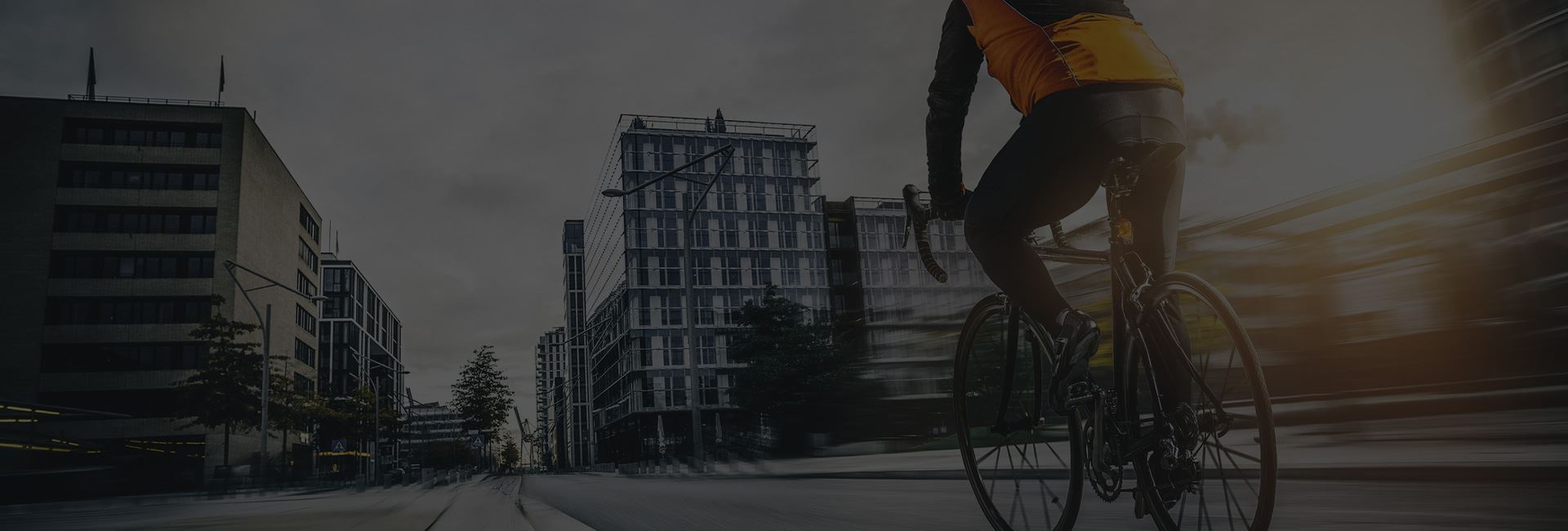Social fitness website Strava has won a court battle over its role in the death of cyclist William Flint, who was killed while riding in Berkeley, California, in 2010.
According to court documents, San Francisco Superior Court judge Marla J. Miller granted a request by Strava, Inc. for a summary judgement in the civil suit on Monday, June 3.
“Plaintiff’s claim is precluded as a matter of law because Mr. Flint impliedly assumed the risks of bicycling,” the court wrote in its register of actions. “The defendant has shown that bicycling is an inherent risky activity. Defendant’s request for judicial notice is granted.”
Flint’s family filed action against the San Francisco-based firm in June 2012. “His family basically wants justice for him,” Susan Y. Kang, the Flint family’s attorney, told a local ABC News affiliate in 2012. Strava filed a countersuit in October 2012.
Kang told VeloNews on Tuesday that her case hinged on the similarities between Strava and traditional event organizers.
“The social network is a secondary function of their true business, which is profiting on what they call segments. The goal of these segments is to obtain the fastest pace. If you want to not call it a cycling race and call it a segment, that’s fine,” she told VeloNews. “Our main point was that, look, Strava is behaving a lot like a race course organizer, bringing people together in some capacity. … Why should Strava not be held to the same standards of any race organizer? They’re making money based on faster and faster times. Sounds like a race organizer, right? It’s a difficult case to make, but my overall sense of it is that something doesn’t smell right.”
In a statement issued on Tuesday night, Strava called for riders and runners to exercise common sense and take responsibility for their safety and that of others.
“The death of Kim Flint was a tragic collision and we reiterate our sincere condolences to the family,” Strava advocacy and communications manager Annie Vranizan wrote in an e-mail. “We are extremely gratified by the judge’s ruling which demonstrates there was no case against the company. Every cyclist is responsible for their own safety and the safety of those around them. We ask all athletes to exercise common sense when they are running and riding and to encourage good behavior within the community.”

